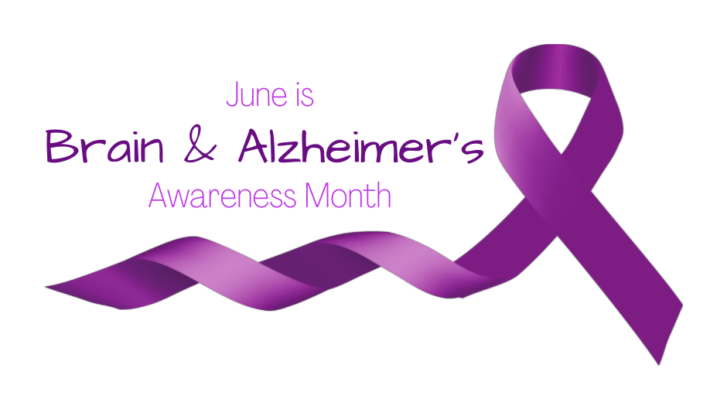Learn About this Devastating Mental Disease and How to Stay Ahead
Alzheimer’s disease is a neurodegenerative disorder that affects the brain, causing progressive cognitive decline, memory loss, and behavioral changes. It is the most common cause of dementia and is characterized by the accumulation of abnormal proteins in the brain.
June is recognized as Alzheimer’s and Brain Awareness Month, a time to raise awareness about this devastating disease and to support those who are affected by it. Our concierge primary care doctors in Jupiter want to discuss some important facts about Alzheimer’s disease, as well as tips for maintaining brain health and reducing your risk of developing the disease.
Facts about Alzheimer’s disease:
- Alzheimer’s disease affects more than 6 million people in the United States, and that number is expected to triple by 2060.
- There is no cure for Alzheimer’s disease, but early detection and intervention can help manage symptoms and improve quality of life.
- Alzheimer’s disease is more common in older adults, but it can also affect younger people.
- Genetics, lifestyle factors, and environmental factors may all play a role in the development of Alzheimer’s disease.
- There are several different types of dementia, and Alzheimer’s disease is just one of them.
Tips for maintaining brain health:
- Stay physically active: Regular exercise can help improve blood flow to the brain and promote the growth of new brain cells.
- Eat a healthy diet: A diet rich in fruits, vegetables, whole grains, and lean protein can help support brain health.
- Stay mentally active: Engage in activities that challenge your brain, such as puzzles, reading, or learning a new skill.
- Stay socially connected: Social interaction can help reduce the risk of cognitive decline.
- Manage chronic health conditions: Conditions such as high blood pressure, diabetes, and obesity can increase the risk of developing Alzheimer’s disease, so it’s important to manage these conditions through lifestyle changes and/or medication.
In conclusion, Alzheimer’s disease is a complex and devastating condition that affects millions of people worldwide. By raising awareness and taking steps to maintain brain health, we can work to reduce the impact of this disease and improve the quality of life for those affected by it.


